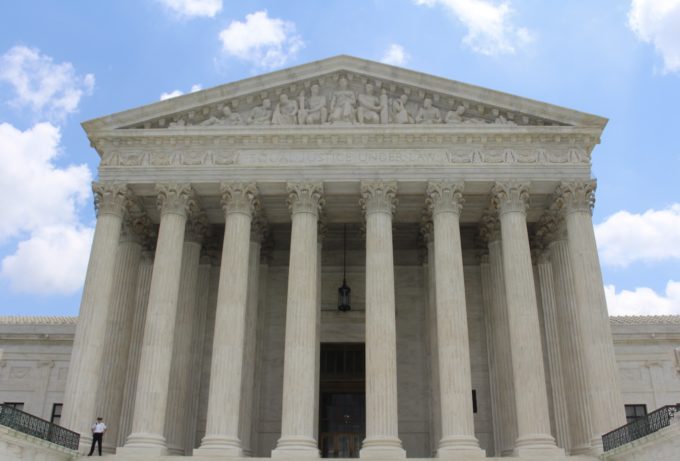
U.S. Fish and Wildlife Service v. Sierra Club: Impact on the scope of the Freedom of Information Act
By Cynthia Ahmed – Edited by Jackson Xu
United States Fish and Wildlife Service v. Sierra Club, Inc.
The Supreme Court held on March 4 that the Freedom of Information Act (“FOIA”) deliberative process privilege exemption protects federal agencies’ draft biological opinions prepared pursuant to the Endangered Species Act (“ESA”) that are “predecisional and deliberative,” from public eyes. In doing so, the court noted for the purpose of the deliberative process privilege, it is irrelevant whether drafts reflect an agency’s up-to-date viewpoint. This holding can impact future public requests for information from federal agencies and limit peoples’ ability to access all documents created and used by agencies prior to their final decisions.
This case concerns records produced during interagency consultation, required by the Endangered Species Act, regarding the EPA’s proposed regulations for cooling water intakes. In 2012, the EPA consulted with the U.S. Fish and Wildlife Service (“FWS”) and the National Marine Fisheries Service (“NMFS”) regarding its proposed regulation for cooling water intakes. Although the agencies drafted an unfavorable opinion for the EPA in 2013, finding that its original proposal would endanger some species, the draft was not submitted to as a final document and given to the EPA. Rather, the draft was kept at the agencies as they continued to consult with the EPA until the EPA eventually sent the agencies a revised rule in 2014. The agencies then issued a final biological opinion finding of “no jeopardy,” and the EPA issued its final, revised rule subsequently.
The Court reversed the judgment of the United States Court of Appeals of the Ninth Circuit, which had agreed with the U.S. District court below, noting that some of the documents requested, including the December 2013 biological opinions, were not privileged, and remanded the case for further proceedings.
Justice Stephen Breyer, joined by Justice Sonia Sotomayor, dissented. The dissent states that the 2013 biological opinions at issue in this case represent a final decision by the agency and therefore are available for public requests and review. The dissent reasoned that the 2013 report should be considered a final decision because “[t]he mere possibility of a future change does not alter the finality, or the final effect, of the original document”, draft opinions and final opinions serve the same functions, and draft opinions inform the EPA on how to proceed. Additionally, the dissent argues, the potential of public disclosure would not chill the candor and discussions that occur in agencies prior to a final draft, and the regulatory framework does not require an agency to issue a final biological opinion if a draft is under review. The National Law Review provides an overview of the case. The Reporter's Committee for Freedom of the Press criticizes the decision, arguing that this ruling may lead to excessive use of the deliberative process privilege by agencies which may impede on the public’s, and journalists’, ability to access information important about their government.